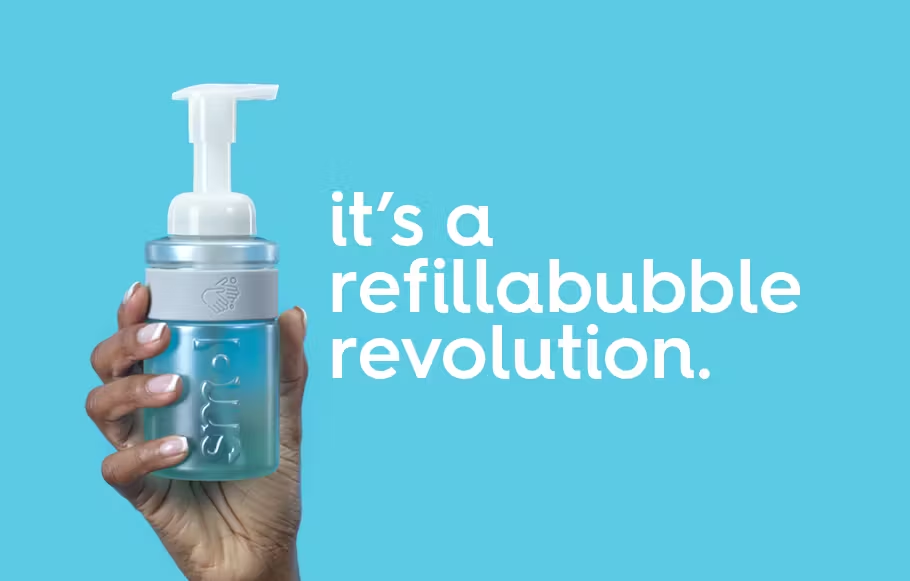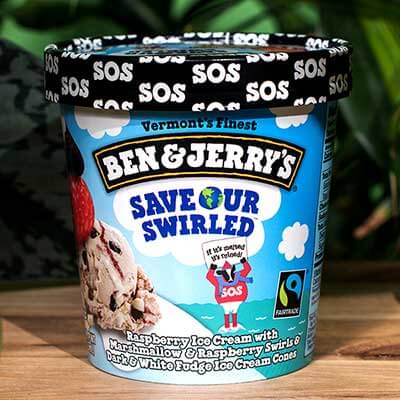What is Sustainable Marketing?
A Complete 2025 Guide
Sustainable marketing is a powerful business strategy shaping the future of brands worldwide. But what exactly is sustainable marketing, and how can businesses authentically embrace it without falling into the trap of greenwashing?
In this guide, we’ll break down what sustainable marketing really means, why it matters now more than ever, and how brands can lead the way with credibility, creativity and impact.
What is Sustainable Marketing?
Sustainable marketing is the practice of promoting products, services and brand values in a way that prioritises environmental responsibility, social equity and long-term economic viability.
It goes far beyond just advertising eco-friendly products. True sustainable marketing:
- 🌎 Integrates sustainability into the business model itself.
- 🧠 Shapes consumer culture towards more responsible behaviours.
- 🏢 Aligns company growth with positive societal and environmental outcomes.
- 💚 Communicates transparently about real progress, not just intentions.
In short: Sustainable marketing is marketing that serves both people and the planet, while still supporting healthy, future-proof business growth.
Why Sustainable Marketing Matters in 2025
The world is changing fast, and businesses are under growing pressure to act responsibly:
- 73% of Gen Z shoppers prefer sustainable brands – and are willing to pay more for eco-friendly options.*
- 83% of employees want their companies to take stronger action on sustainability.**
- Greenwashing backlash is rising – consumers are quick to call out brands that make hollow claims.
- Climate change, biodiversity loss, and resource depletion are urgent global challenges that demand systemic change.
Sustainable marketing isn’t just ethical – it’s essential for building trust, future-proofing your brand and creating meaningful impact.
The 4 Core Pillars of Sustainable Marketing
Sustainable marketing impacts every level of a business. Here are the four key areas brands must consider:
1. Financial Impact 💰
Marketing drives economic activity, but traditional growth-at-all-costs models are unsustainable.
Sustainable marketing redefines success by:
✅ Prioritising purpose alongside profit.
✅ Setting KPIs for environmental and social impact, not just sales.
✅ Investing in innovation that delivers real societal value.
Example: Patagonia’s “Don’t Buy This Jacket” campaign challenged consumers to buy less, not more, boosting loyalty and reinforcing their purpose-driven identity.

2. Physical Impact 🌱
Every marketing action leaves a physical footprint – from campaign production to product consumption.
Sustainable marketing addresses:
✅ Reducing the operational footprint of marketing activities (like print, events, digital emissions).
✅ Influencing product and packaging innovation (minimal waste, recyclability, reusability).
✅ Encouraging mindful consumption habits.
Example: Smol’s refillable cleaning products eliminate single-use plastics, making sustainability tangible for consumers.

3. Psychological, Sociological and Cultural Impact 🧠
Marketing shapes what society aspires to. It influences values, habits and worldviews – often more powerfully than we realise.
Sustainable marketing helps shift culture by:
✅ Normalising sustainable behaviours (like repairing, reusing, recycling).
✅ Embedding eco-consciousness in storytelling, brand values and messaging.
✅ Challenging harmful norms around overconsumption and disposability.
Example: Levi’s “Buy Better, Wear Longer” campaign directly linked sustainable fashion habits to consumer pride and identity.

4. Ethical Impact ⚖️
With great influence comes great responsibility.
Sustainable marketing demands:
✅ Radical transparency around products, practices and goals.
✅ Avoiding greenwashing at all costs – claims must be backed by evidence.
✅ Openly acknowledging areas for improvement.
Example: Ben & Jerry’s blends social activism with sustainability by transparently sharing their sourcing practices and progressive campaigns.

Key Strategies for Sustainable Marketing Success
Brands that excel at sustainable marketing follow several best practices:
1. Align Marketing with Core Values
Sustainability must be embedded across product design, supply chains, operations – not bolted on as a marketing gimmick. Authenticity is non-negotiable.
2. Use Eco-Friendly Products and Packaging
Offer solutions that genuinely reduce impact. Highlight features like recyclability, refillability, low emissions or ethical sourcing.
Example: Lush’s “naked” product line eliminated unnecessary packaging altogether.
3. Embrace Digital Sustainability
Choose lower-carbon marketing channels like digital over print, where possible. Use green hosting services and offset digital footprints.
4. Leverage Storytelling
Show your journey – including both wins and struggles. Customers appreciate honesty over perfection.
Example: LEGO’s sustainability reports and child-focussed campaigns tell a story of action, ambition and engagement.
5. Foster Consumer Participation
Invite your customers into the mission. Loyalty programmes that reward sustainable behaviour or community events like clean-ups create stronger emotional bonds.
Example: Pokémon GO’s Earth Day events mobilised tens of thousands globally to clean up their communities.
6. Build Strategic Partnerships
Collaborate with organisations or other brands that share your commitment to sustainability for greater impact.
Example: Adidas x Parley created shoes from recycled ocean plastic – a product innovation powered by a cause-driven partnership.
Avoiding the Pitfall: Greenwashing
Sustainable marketing must be real – or it will backfire.
Consumers are more informed, sceptical and vocal than ever.
To avoid greenwashing:
- Only make claims you can prove.
- Be specific – vague language (“eco-friendly”, “green”) triggers suspicion.
- Back your messaging with credible certifications and clear evidence.
- Be honest about challenges and progress, not just successes.
Authenticity and evidence are your brand’s strongest assets.
Sustainable Marketing vs Green Marketing vs Sustainability Marketing
🔹 Sustainable marketing = Holistic. Includes environmental, social and economic impact. Focuses on responsible long-term growth.
🔹 Green marketing = Focussed mainly on environmental benefits (eco-friendly products, packaging).
🔹 Sustainability marketing = Broader business approach, promoting the full spectrum of sustainability initiatives, from supply chain ethics to community engagement.
Final Thoughts: The Future Belongs to Sustainable Brands
Sustainable marketing isn’t a short-term campaign – it’s a long-term commitment to doing business better.
Brands that lead with purpose, act with integrity, and inspire change will not only thrive in 2025 and beyond – they’ll help shape a more equitable, resilient, and vibrant world.
✅ Build trust.
✅ Drive loyalty.
✅ Future-proof your business.
✅ Make a real difference.
Sustainable marketing is not just good for the planet – it’s good for people, profit and progress.
Pimento connects brands with top marketing specialists, agencies and consultants to craft strategic, high-impact partnerships.
Whether you need expert advice, tailored campaigns or the right collaborators, Pimento’s flexible network helps brands maximise growth, efficiency and innovation. With access to a full service marketing mix, we offer tailor-made solutions that align with your brand’s goals, ensuring long-term success.

A Practical Guide for Luxury Marketing in 2026: Tradition, Tech & the TikTok Generation
Luxury marketing in 2026 is being pulled in two directions at once. On one side: heritage, craftsmanship, scarcity, discretion. On […]
Read more.
Why media strategy is the next growth frontier for education marketing
This year, UK higher education has seen record student numbers. While this is very positive for the sector, it has […]
Read more.
